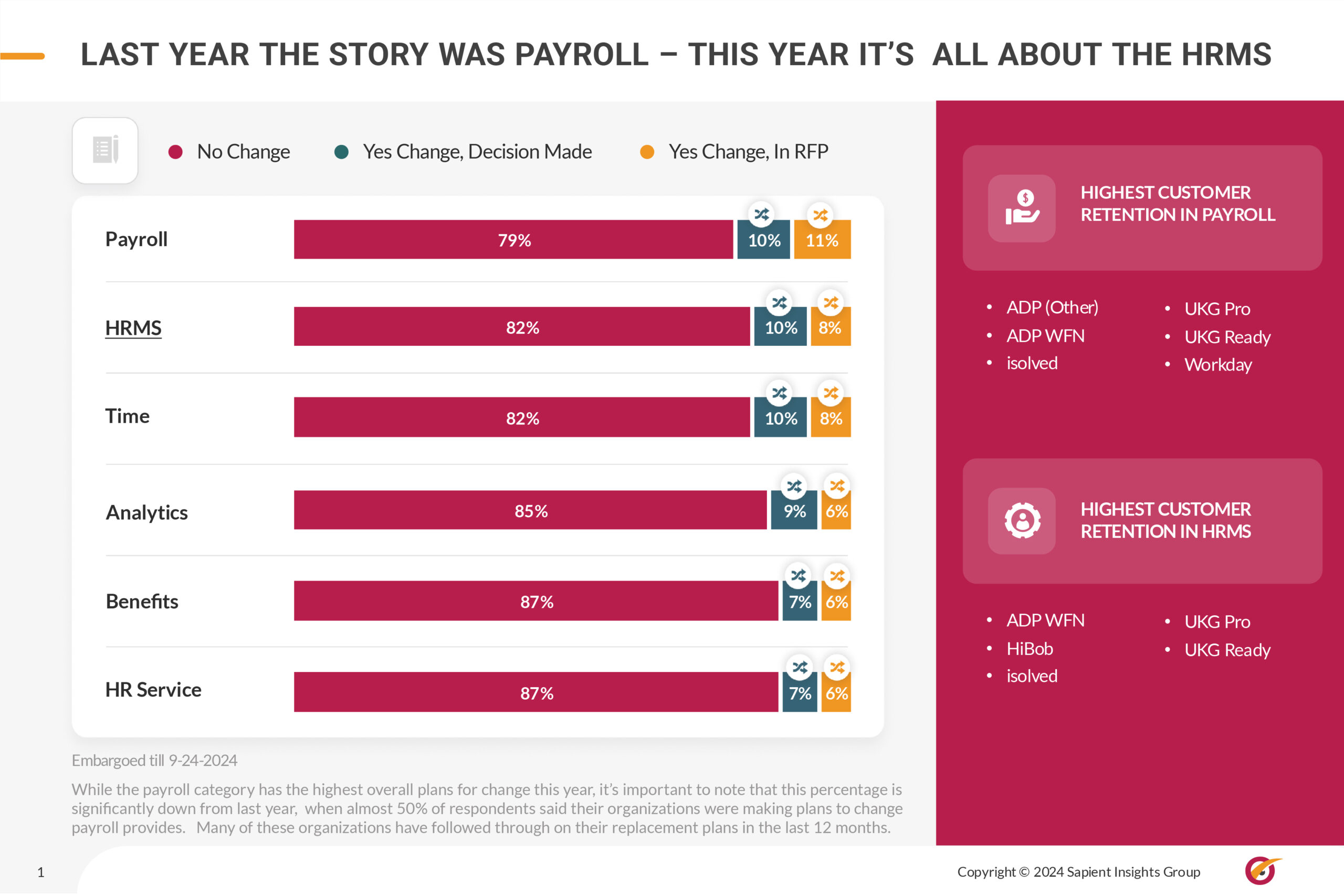Private sector in the Philippines urged to adopt earned wage access
- Josephine Tan

In a bid to ease financial burdens and enhance employee wellbeing, the private sector in the Philippines is being encouraged to adopt earned wage access (EWA) services, an approach that allows employees to access a portion of their earned wages before the standard payday.
During a recent briefing, Paywatch Philippines emphasised the importance of expanding EWA availability across organisations to address widespread financial challenges faced by employees in the Philippines. According to Paywatch, seven out of 10 employees in the Philippines struggle with financial management, often exacerbated by debts and the increasing costs of living.
EWA differs significantly from traditional loans as it provides employees with access to funds they have already earned, thus eliminating the need for short-term borrowing to cover everyday expenses or unforeseen emergencies.
Rowell del Fierro, President of Paywatch Philippines, said EWA is at its nascent stage in the country with no major providers offering this service. He stressed that despite challenges, the private sector is already engaged in financial solutions for employees, ranging from partnerships with lending institutions to informal financial arrangements like ‘paluwagan’.
“All those aim to solve the same problem of employee access to money,” del Fierro said. “But this one is just much easier and more available. And it allows employees to have better control [of their finances].”
READ MORE: Employees in Malaysia prioritise wellbeing and growth
Data revealed a substantial gap in short-term liquidity solutions in the Philippines, with only seven million credit card holders among close to 50 million employees. As a result, many turn to digital lending platforms or informal borrowing from friends and family, reported Philstar.
Del Fierro emphasised the potential impact of EWA on employee retention, stating, “This will be an employer initiative. I think this can grow really big that organisations will eventually adopt especially now that it’s difficult to retain employees. It can be a powerful tool to deploy.”






